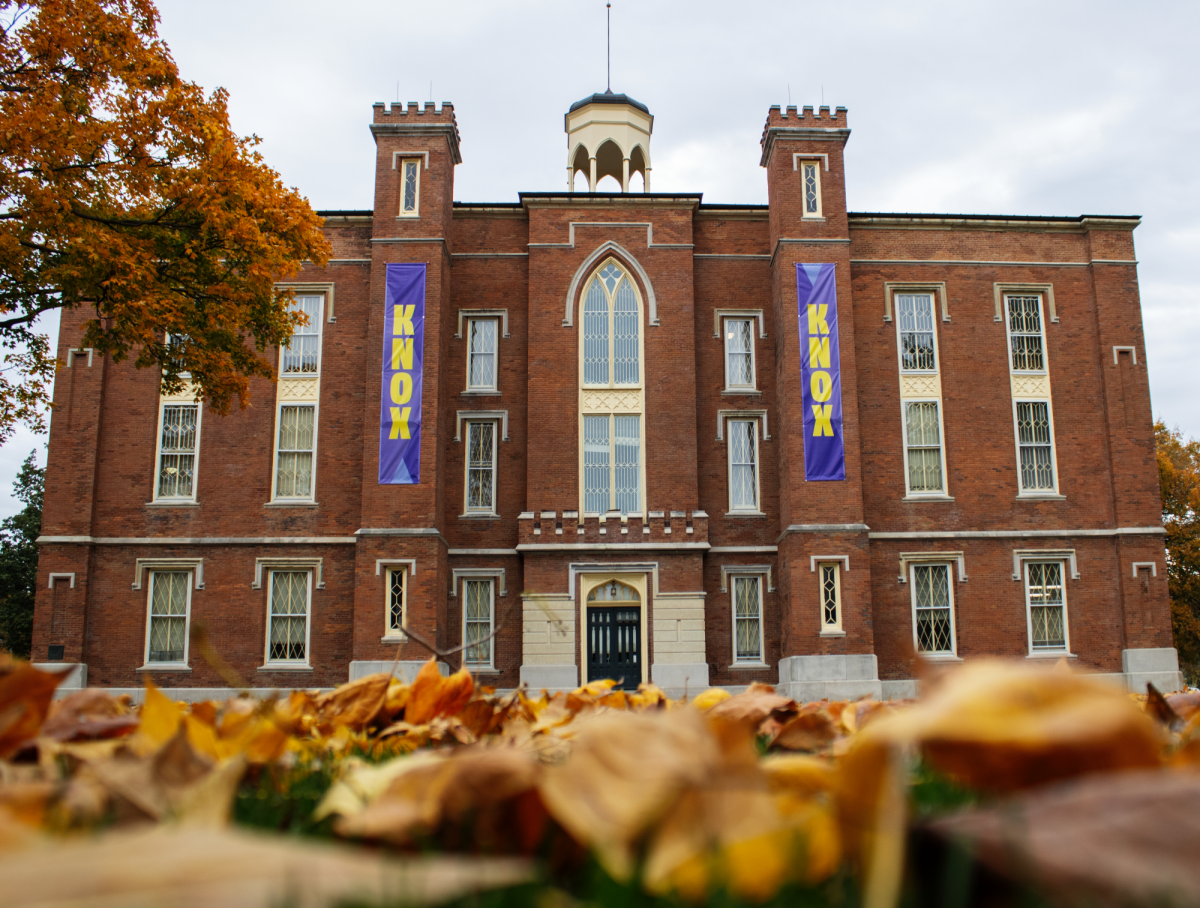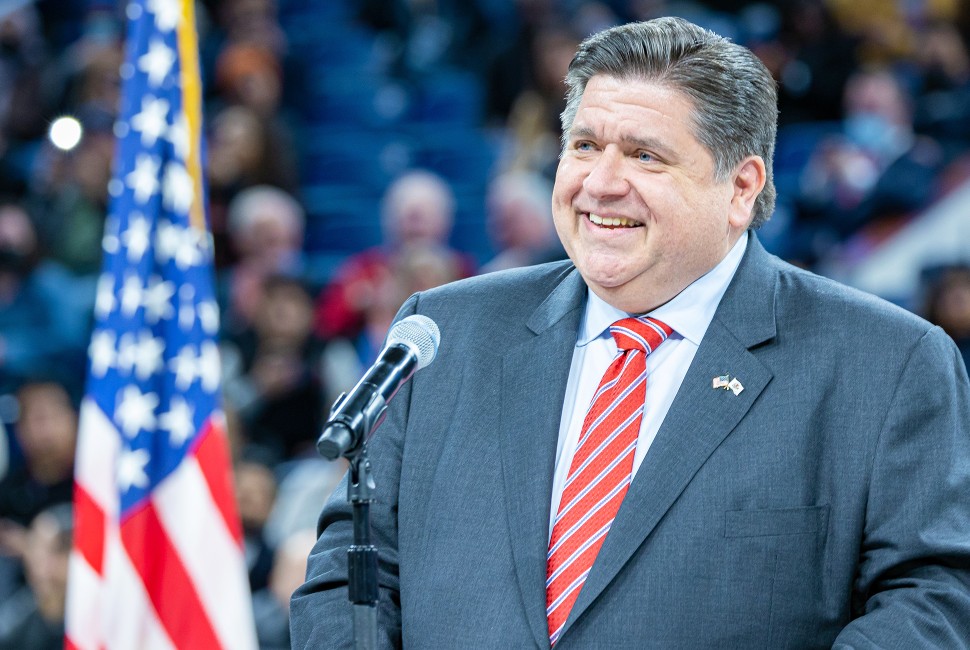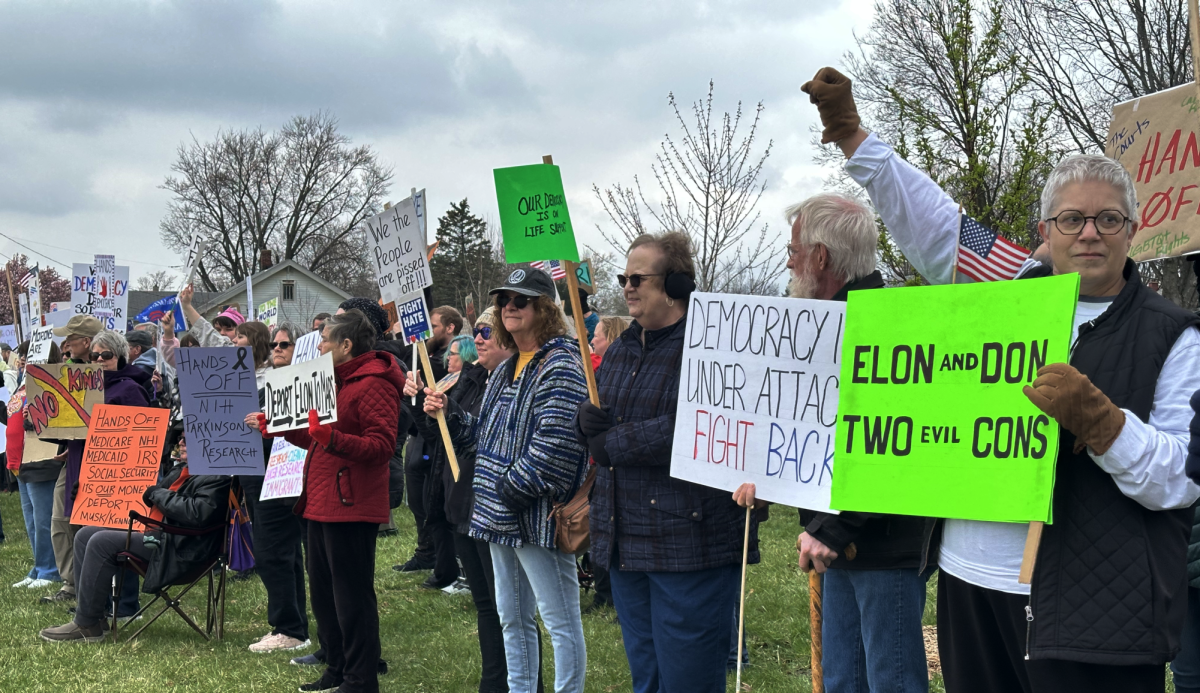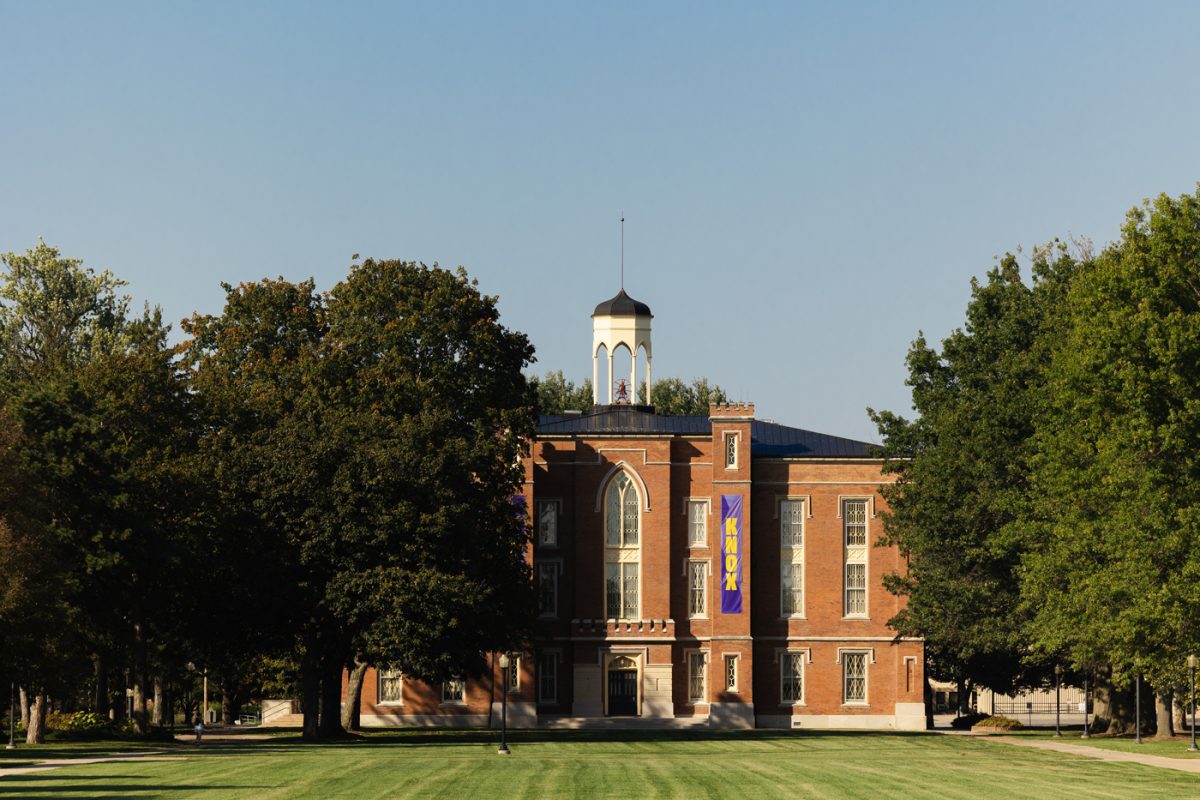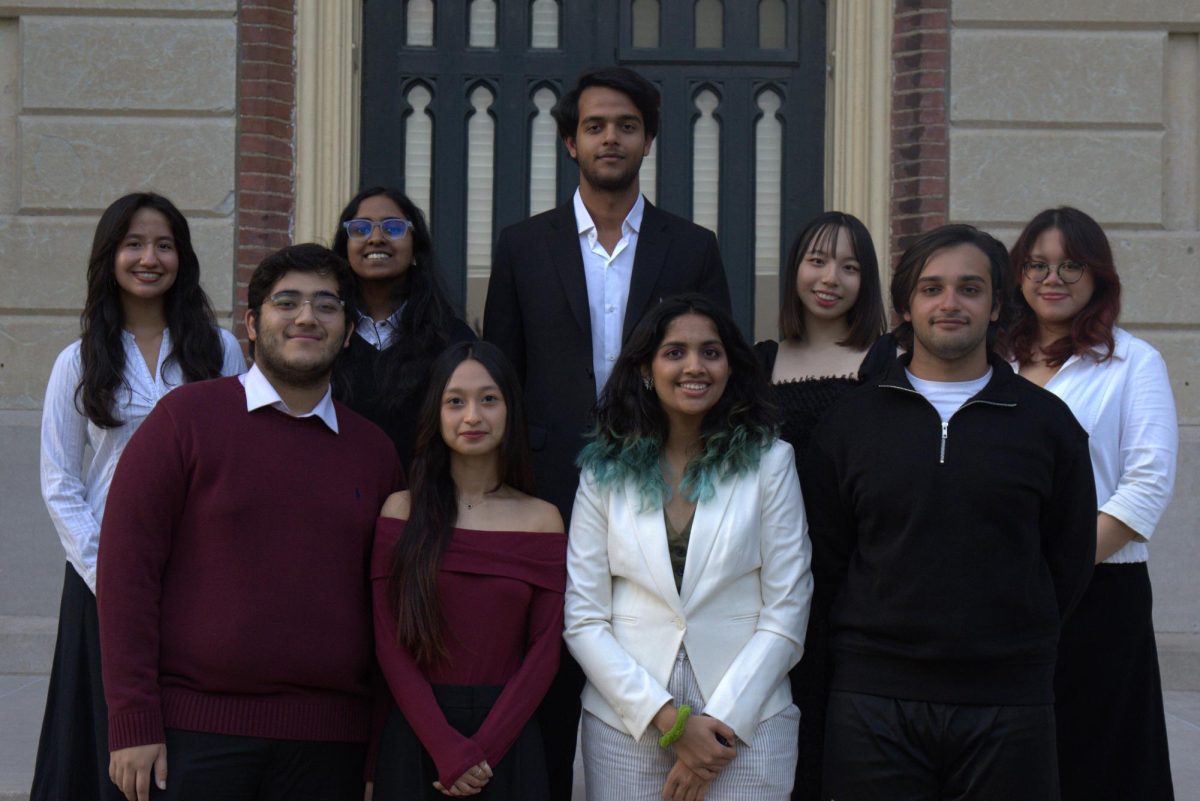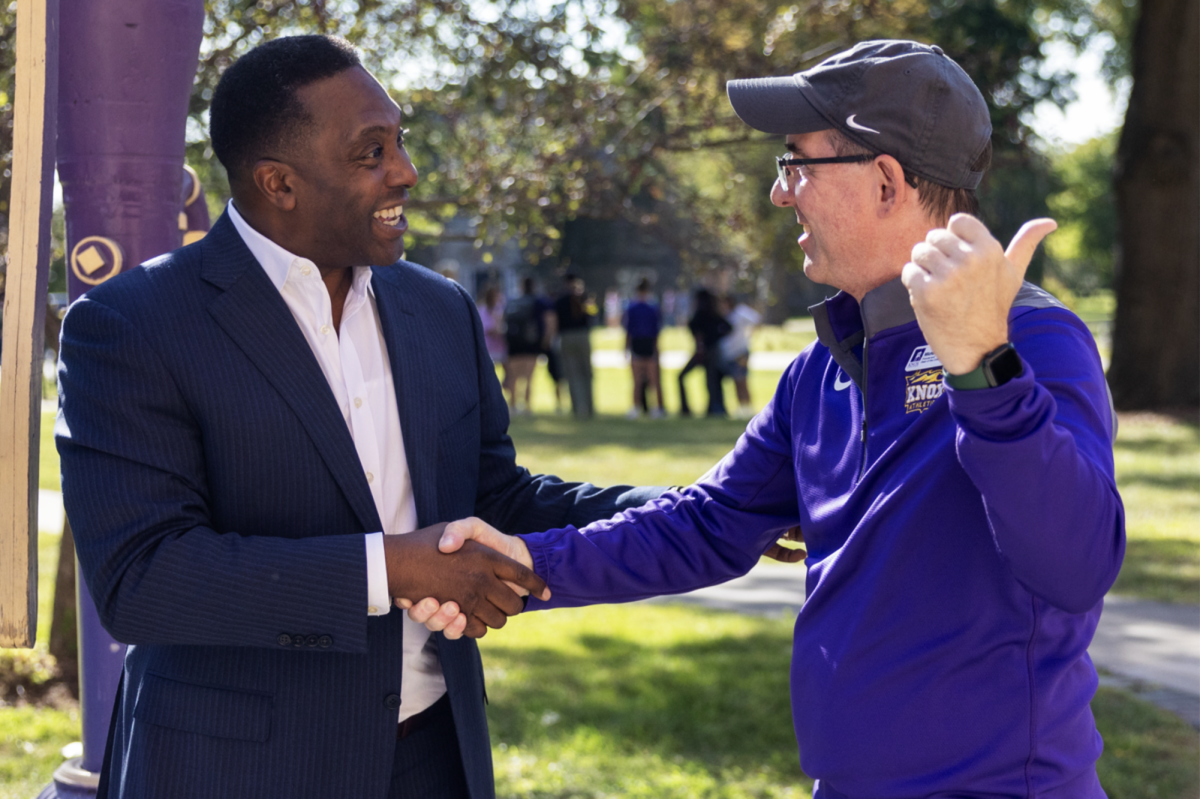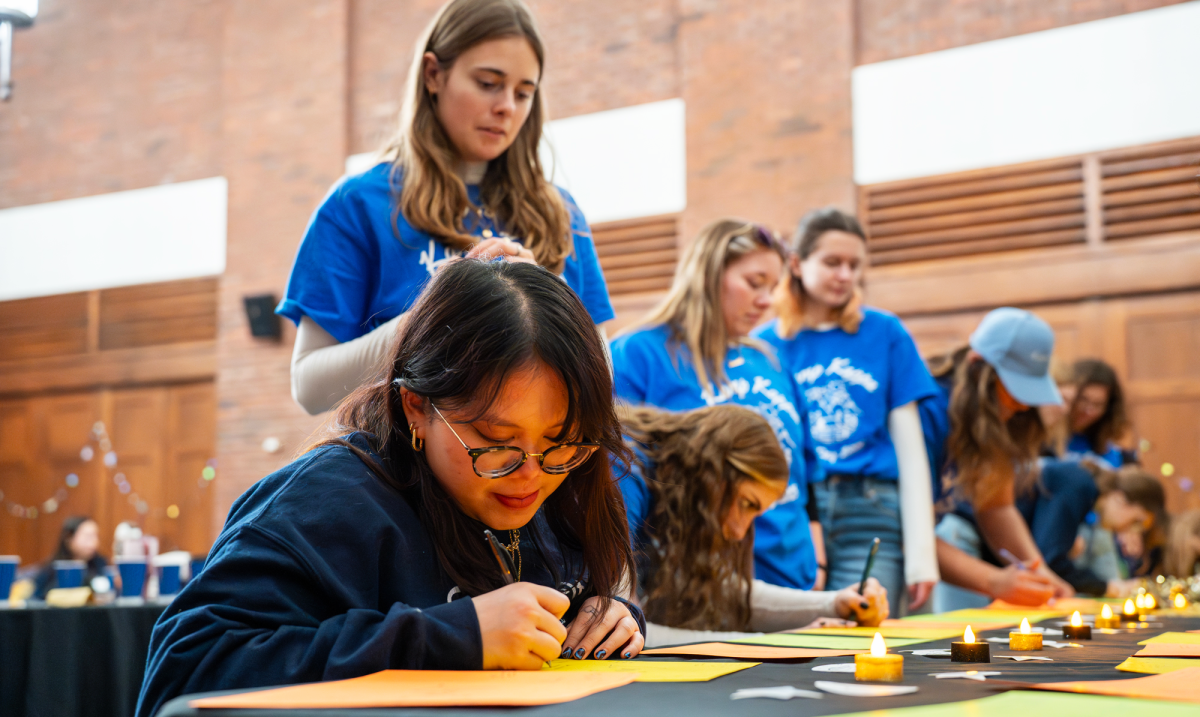Knox College prides itself on originating from an abolitionist philosophy and remembers its “anti-slavery activism.” Considering the progressive background and history of the college, junior Kenzie Powers was alarmed when she witnessed a Confederate flag on a truck parked in permit-only parking space with a Knox College sticker, on Sept. 13, 2023.
“I saw a lot of things like that in my hometown in Wisconsin, but I was surprised to see that at Knox because it is a community I view as liberal and progressive. The most infuriating thing about it is that people don’t even understand the significance around these flags, and how they are a symbol of hate and ignorance,” Powers said.
The presence of such “symbols of hate” on campus was not an isolated incident as junior Precious Odejimi – a student of color from Nigeria – recalls her feelings when she was informed of the presence of a Confederate flag on her floor.
“I was told that the dorm across my bathroom had a room which had a Confederate flag hung from the ceiling to the wall. Fortunately I never interacted with the people on the other side because it was mainly the male side and I lived on the female side. I used to feel very unsafe when I stayed back during the winter break and they would come to my side of the dorm. I would shut the door and turn down the lights because I didn’t feel safe in that suite,” Odejimi said.
Last winter term, students collectively stormed the faculty meeting on March 8th to address the issue of sexual assault on campus. At the protest, students of color highlighted how racial and national identities impact their experiences around sexual assault and generally on campus. Students like Odejimi, when asked about their views on whether campus climate would change to accommodate people of all identities, expressed little hope that anything was going to change.
“I am a realistic person. How can I feel hopeful if someone on my floor has confederate flags in their room? If people are not willing to change their POV [point of view], it feels like throwing out noise into an empty space,” Odejimi said, in March a few weeks after the protest.
After the start of the new school year, Odejimi expressed feeling happy about the increasing number of Africans admitted this year, and hoped that they would continue to participate actively in Harambee. She also positively reflected on the gradually decreasing relevance of the anonymous app, Yik Yak, which was the platform for racist comments against Black senators on the Student Senate, including her. However, she remained skeptical about real efforts taken by the administration to truly support students of color.
“Yik Yak being gone means less drama, which is a good thing, but it also means that people let their guard down. We knew what was going on in the winter so we kept our guards up. False peace can be dangerous later,” Odejimi said.
Other issues brought up in the protest included the lack of support offered to cultural organizations by the administration. Former President of the South Asian Club aaina and recent alum, Shubhanga Satyal, recalls how the administration made little effort to understand or appreciate the work aaina was doing except a few visits once or twice by some people in the administration.
“If you want to represent the diverse identities you claim to, you have to take interest in learning about those identities. It seems like Knox is only attracting South Asians because they may be willing to pay a lot for the opportunity to come to America. The American narrative about diversity is strange. Even Hollywood movies are starting to represent Asian and African characters and stories, but solely for economic gain,” Satyal said.
Students like Student Senate Diversity Chair, sophomore Nysa Phulwar, are hoping that after receiving feedback from students at the protest, Knox is working towards bringing about some forms of changes such as making the Bias Report Forms more accessible and creating clear channels of communication between students and the administration to find the best ways to support students of color and students with diverse identities. When told about the Confederate flags, Phulwar asserted she would bring the matter up to the administration and work for a way to ensure that the safe space at Knox is maintained.
“While Knox is trying to make people feel more at home, there’s definitely more they can do,” Phulwar said, recalling an incident she had come to learn about when she was on the Diversity Committee where an Allied Blacks for Liberty and Equity (ABLE) house bathroom broke down but was not fixed, and another living space, which had plumbing issues, was prioritized. She recalled that in the end, the toilet broke and it was very hard for people in the house. She hopes to prevent such issues from reoccuring through her role as Diversity Chair.
“As part of the diversity plan, we want to bring first year representatives from cultural organizations to the Student Senate General Assembly so that they have an idea of how decisions made by the Senate, faculty and the administration can impact cultural organizations. Having feedback is important which we can take back to faculty and administration,” Phulwar added.
Phulwar suggested that Knox needs to evaluate their admissions process so the college better understands applicants’ willingness to learn about and accept other identities to maintain Knox as a safe space for all identities.
Admissions Ambassador, junior Natalie Bodenhammer was asked about the process of admitting students and the role their values played in the admissions process. She mentioned that if prospective students made racist comments, the tour guide could report to the Admissions Counselor, who would make a note in the person’s file. According to Bodenhammer, it was a good way to ensure that people who would threaten other students’ identities would not be entered into the college.
Although students like Odejimi, Phulwar or Powers offered no concrete answer to whether Knox is a safe space anymore, they offered insights into some of the experiences students with diverse identities may encounter. While they all are uncertain about whether any true change will transpire, they are committed to trying to make Knox the safe space it is meant to be.

